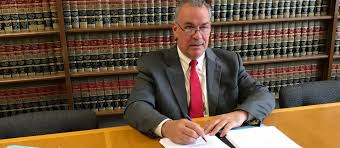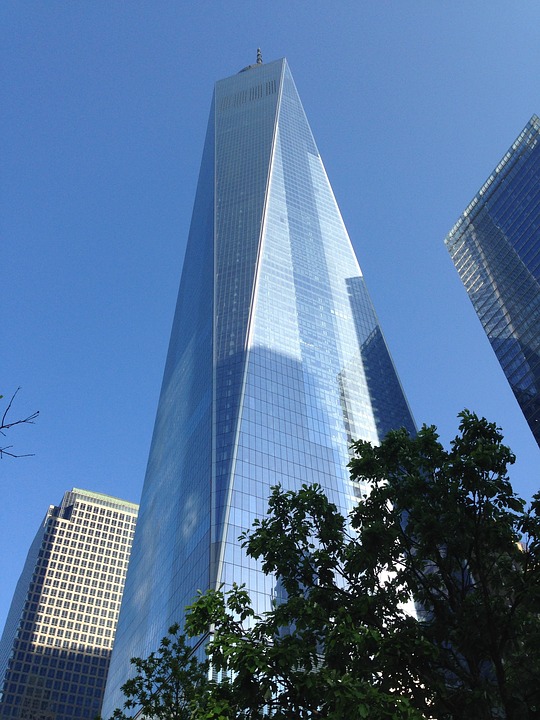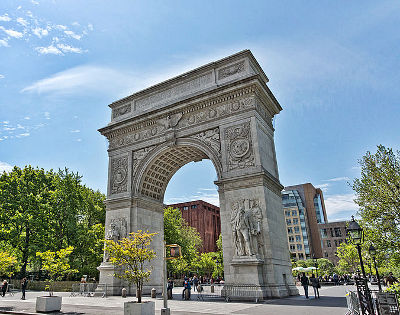Mental Health Resources for NYPD Members
Many people go through periods in their lives when things seem hopeless or overwhelming. The first step toward a solution is to speak with someone.
Seeking help is never a sign of weakness. If a Police Officer is dealing with a problem of any kind, they should contact and utilize the services offered to them both inside and outside the NYPD. No one should ever shoulder their burden alone. There are trained members ready, willing and able to listen and help 24 hours a day.
Working for the NYPD means that you spend your day helping others. However, before you can take care of anyone else, you must first take care of yourself.
If you have questions or you have received a NYPD disqualification and would like to schedule a free consultation, please contact me at 516 248 0040.
Email: kevin@sheerinlaw.com
Website: www.sheerinlaw.com
Blog: civilservice.sheerinlaw.com
Facebook: Law_Office_of Kevin_P._Sheerin
Twitter: @DQLawyer
My podcast about New York State Civil Service Law issues is: www.newyorkcivilservicelawattorneypodcast.com








